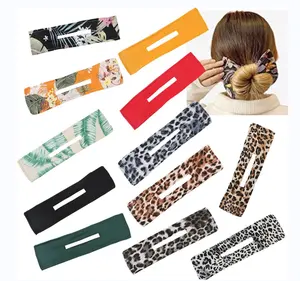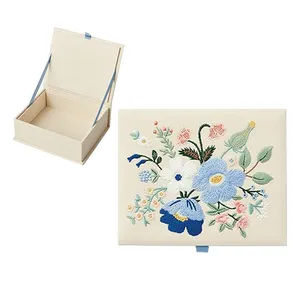Phổ biến trong ngành của bạn

Sunpoint Fastener Nhà cung cấp tùy chỉnh Hex các nhà sản xuất sản xuất ốc vít thép không gỉ Nut và Bolt Assortment Kit
0,01 US$ - 0,03 US$
Đơn hàng tối thiểu: 500 Cái
Vận chuyển mỗi chiếc: 0,11 US$


Hydaron bán chạy nhất M6 M8 M10 M12 gốc chủ đề hướng dương Sao Nut Vòng ống ren chèn
0,15 US$ - 0,50 US$
Đơn hàng tối thiểu: 5000 Cái


IUB-M3-1 Có Ren Có Khía Bằng Thép Không Gỉ Siêu Âm/Giữ Nhiệt Bằng Đồng Thau
0,10 US$ - 0,30 US$
Đơn hàng tối thiểu: 100 Cái




Bán Các Loại Ống Ss 316 Liền Mạch Các Loại Ống Thép Không Gỉ 304
1,30 US$ - 1,60 US$
Đơn hàng tối thiểu: 1000 Kilogram
Vận chuyển mỗi chiếc: 2,03 US$


"Septon of Y cọ Factory, Ông Bố Già, Happy and Hanging Walls with Hanging Pool of Christmas."
1,69 US$ - 6,45 US$
Đơn hàng tối thiểu: 96 Cái

high stretch nonwoven fabric meltblown with elastic polymer of SEPTON or Urethane micro fiber
0,80 US$ - 2,00 US$
Đơn hàng tối thiểu: 2000 Mét vuông

Kỹ thuật septon nhựa PPS 4055 4077 polyphenylene Sulfide nhựa
1,35 US$ - 2,55 US$
Đơn hàng tối thiểu: 25 Kilogram

Septon kỹ thuật nhựa PPS 1020 2002 polyphenylene Sulfide nhựa
1,35 US$ - 2,55 US$
Đơn hàng tối thiểu: 25 Kilogram

Bộ Khuếch Đại Âm Thanh Lớn Cho Xe Hơi Âm Thanh Nổi 2 Din 10 Âm Thanh Vô Tuyến Cho Xe Hơi Android
Sẵn sàng vận chuyển
45,00 US$ - 50,00 US$
Đơn hàng tối thiểu: 1 Cái
Vận chuyển mỗi chiếc: 17,88 US$

Autoradio GPS navigation Carplay Android Car DVD Player cho Toyota Hilux 2015-2023 rhd 9.7 inch xe Stereo
98,00 US$ - 102,00 US$
Đơn hàng tối thiểu: 1 Cái
Vận chuyển mỗi chiếc: 27,46 US$

Phổ 2 Din 7 Inch Android Car Đài Phát Thanh Player Cho Toyota COROLLA EX VIOS Vương Miện CAMRY HIACE PREVIA RAV4
41,80 US$ - 45,30 US$
Đơn hàng tối thiểu: 1 Cái
Vận chuyển mỗi chiếc: 15,88 US$
Các danh mục hàng đầu
Giới thiệu về septon
Alibaba.com cung cấp các sản phẩm 27 septon. Có rất nhiều septon lựa chọn dành cho bạn, chẳng hạn như khách sạn, trang trại, và nhà sử dụng. Bạn cũng có thể chọn từ thép không gỉ, nhựa, và pp septon. Cũng như từ xử lý nước thải septon. Và bất kể septon là cung cấp, không có sẵn.
















